Software Privacy
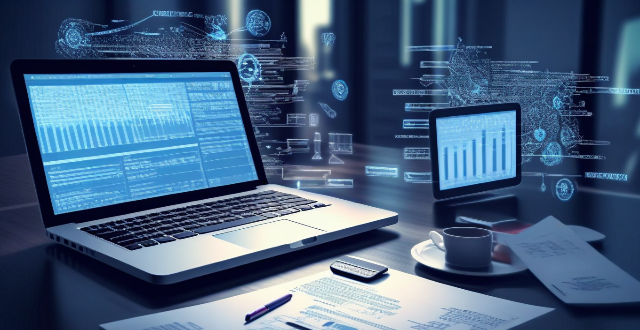
How can I protect my personal data privacy ?
In the digital age, protecting personal data privacy is crucial. To enhance privacy, use strong and unique passwords, enable two-factor authentication, keep software up-to-date, be cautious with public Wi-Fi, monitor your online presence, use antivirus and anti-malware software, educate yourself about phishing scams, and control app permissions. Staying vigilant and informed is key to safeguarding your online privacy.

How can I protect my online privacy ?
In today's digital age, online privacy is a major concern. Here are some tips to help you protect your online privacy: Use Strong Passwords: Use a combination of letters, numbers, and symbols; avoid using personal information; change your passwords regularly. Be Careful with Personal Information: Don't share too much; be wary of scams; keep sensitive information private. Use Two-Factor Authentication: Enable two-factor authentication (2FA); use authenticator apps; be cautious with backup codes. Keep Your Software Up-to-date: Update regularly; use antivirus software; be cautious with downloads. Use Encryption: Use HTTPS; use VPNs; encrypt sensitive files. Be Careful on Social Media: Adjust privacy settings; think before you post; be cautious with friend requests.

What is online privacy and why is it important ?
The text discusses the definition and importance of online privacy, which is the ability to control personal information when using the internet. Online privacy protects sensitive data such as browsing history, location, communications, and personal details from being accessed, collected, or used without consent. It is important for protecting personal information, allowing control over personal data, enabling freedom of expression, building trust in digital services, and ensuring economic benefits. Best practices for online privacy include using strong passwords, keeping software up-to-date, being cautious on social media, avoiding public Wi-Fi, reviewing privacy policies, and monitoring financial statements for signs of fraud or identity theft.

How can individuals protect their privacy rights online ?
In today's digital age, protecting your online privacy is crucial to safeguarding your personal information from potential threats and misuse. Here are some key steps you can take to ensure your privacy rights are upheld while browsing the internet or using online services: Use strong passwords and two-factor authentication, be cautious with personal information, use encrypted connections, keep software up-to-date, review privacy settings regularly, and educate yourself about online scams and phishing attempts. By implementing these strategies, you can significantly enhance your online privacy and reduce the risks associated with sharing personal information on the internet.
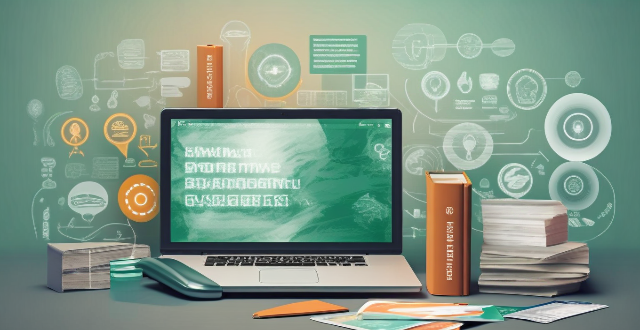
What are some common online privacy breaches and how can I prevent them ?
In today's digital age, online privacy breaches are becoming increasingly common. To protect your sensitive data, it is essential to understand the risks involved and take necessary precautions. Some of the most common online privacy breaches include phishing attacks, malware infections, unsecured networks, social engineering tactics, and data breaches. Effective prevention strategies for these breaches include being skeptical of suspicious emails or messages, using anti-phishing tools, regularly updating software, using antivirus software, avoiding suspicious downloads, using virtual private networks (VPNs) on public Wi-Fi networks, securing your home network with strong passwords and encryption settings, educating yourself about social engineering tactics, being cautious with personal information, verifying requests for sensitive information, monitoring your accounts for suspicious activity, using strong passwords, and enabling two-factor authentication. By following these strategies, you can significantly reduce the risk of online privacy breaches and protect your sensitive data from unauthorized access.

What are the consequences of violating someone's privacy rights ?
Violating someone's privacy rights can lead to legal penalties, damaged relationships, professional consequences, and online repercussions. It is important to respect others' privacy to maintain trust, avoid social isolation, and protect one's reputation.
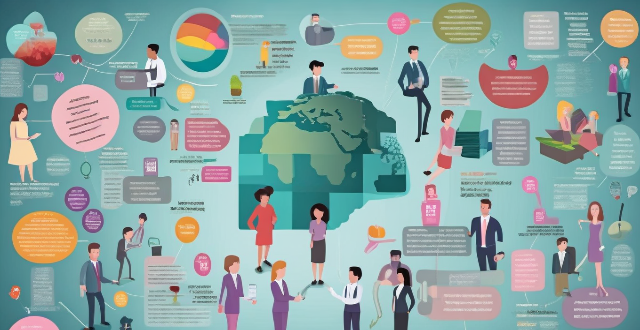
How do privacy rights differ across countries and cultures ?
Privacy rights vary across countries and cultures due to differences in legal frameworks, cultural norms, and technological advancements. The United States protects privacy through federal and state laws, while Europe has a unified approach with the General Data Protection Regulation (GDPR). Asia has varying levels of protection, with some countries prioritizing national security over individual privacy concerns. Cultural norms also play a significant role, with individualistic cultures valuing personal privacy more than collectivist ones. Technology advancements have raised new questions about protecting privacy, including surveillance technologies and online tracking practices. Understanding these differences is essential for developing effective strategies to protect privacy both domestically and internationally.
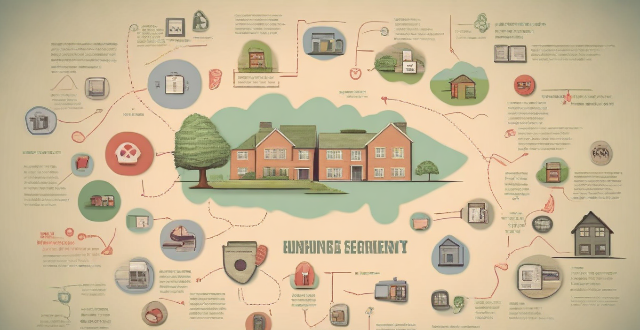
What are the privacy concerns associated with using smart home devices ?
Smart home devices, while convenient, raise privacy concernsSmart home devices, while convenient, raise privacy concerns security vulnerabilities, raise privacy concerns due to data collection, security vulnerabilities, third-party access issues, lack of transparency from manufacturers, permanent data retention, and evolving legal frameworks. Users should research devices thoroughly and take steps to protect their privacy.

Why is data privacy important ?
Data privacy is crucial in the digital age, protecting individuals and benefiting organizations. It ensures control over personal information, prevents misuse, and builds trust. Organizations mitigate risks, gain customer loyalty, and comply with laws by prioritizing data privacy. Key principles include transparency, individual control, data minimization, and security measures. Data privacy will continue to shape the relationship between individuals and technology, balancing innovation and privacy rights.
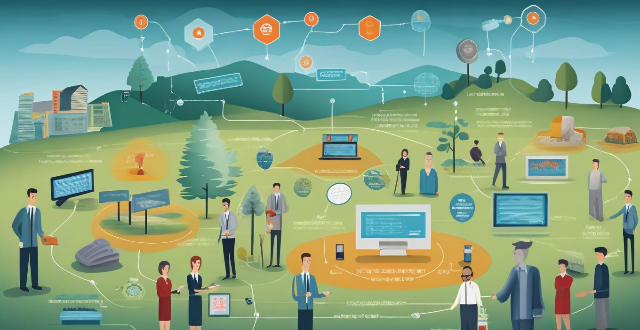
Can blockchain technology improve data security and privacy ?
Blockchain technology has been touted as a revolutionary tool that can improve data security and privacy. Its decentralized nature, encryption, and transparency make it difficult for attackers to compromise the network. Additionally, its anonymity, control over personal data, and smart contracts enhance privacy by giving individuals more control over their information.

What are the laws and regulations surrounding online privacy in my country ?
In my country, online privacy is governed by a set of laws and regulations designed to protect individuals' personal information from unauthorized access, use, or disclosure. These laws and regulations cover various aspects of online privacy, including data collection, storage, processing, sharing, and security. Organizations must obtain explicit consent before collecting any personal information and should only collect the minimum amount necessary for their intended purpose. Personal information must be stored securely and retained for only as long as necessary. Accurate and fair processing of personal information is required, and transparency is essential when sharing data with third parties. In the event of a data breach, organizations must notify affected individuals and relevant authorities within a specified timeframe. Regular risk assessments are also necessary to identify potential threats to the security of personal information and implement appropriate measures to mitigate these risks. By adhering to these laws and regulations, organizations can help ensure that individuals' online privacy is protected and that their personal information remains secure.

What is the definition of privacy rights ?
The text discusses the definition and importance of privacy rights, which are fundamental human rights that allow individuals to control access to their personal information and protect themselves from unreasonable interference or intrusion into their private lives. Privacy rights include the ability to choose what information about oneself is disclosed and to whom, as well as the power to determine how that information is used. The key aspects of privacy rights include control over personal information, protection from unreasonable interference or intrusion, and autonomy and self-determination. Privacy rights are essential for maintaining individual freedom and dignity, promoting trust and confidence in society, and creating a more just and equitable world where everyone has the opportunity to live their lives with dignity and autonomy.
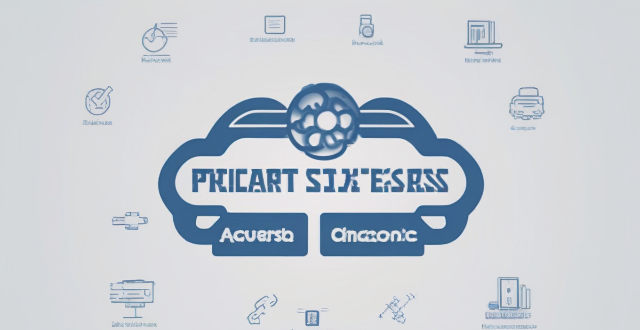
How have recent data breaches impacted public perception of privacy rights ?
The text discusses the impact of recent data breaches on public perception of privacy rights. It highlights increased awareness of privacy risks, demands for stronger protections, loss of trust in institutions, and a shift towards privacy-focused technologies. The text emphasizes the importance of prioritizing privacy rights to ensure that personal information remains secure and protected.

In what ways do governments regulate privacy rights ?
Governments regulate privacy rights through legislation, enforcement agencies, self-regulation, and public awareness campaigns. Legislation defines what constitutes personal information and sets guidelines for its collection, use, and disclosure. Enforcement agencies oversee the implementation of privacy laws and handle complaints from individuals regarding the misuse of their personal information. Self-regulation encourages industry groups to develop codes of conduct or standards that promote privacy protection. Public awareness campaigns educate citizens about their privacy rights and how to protect themselves online.

Can social media platforms be held accountable for breaches of privacy rights ?
The article discusses the accountability of social media platforms for privacy rights breaches and outlines legal frameworks, challenges, and best practices to ensure user data protection.
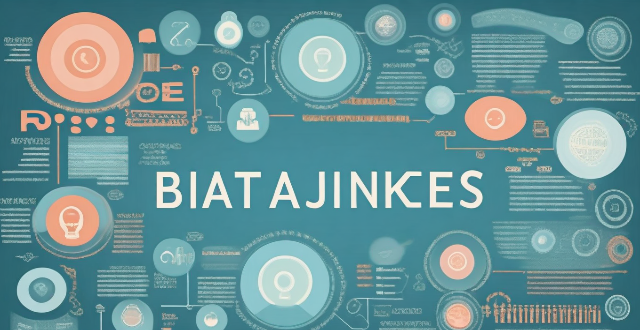
What is the difference between data privacy and data protection ?
The text discusses the difference between data privacy and data protection, emphasizing that understanding these concepts is crucial for managing personal information responsibly. Data privacy focuses on individual rights to control personal information, while data protection emphasizes organizational measures to safeguard that information. Both are essential for building trust and ensuring responsible data handling.
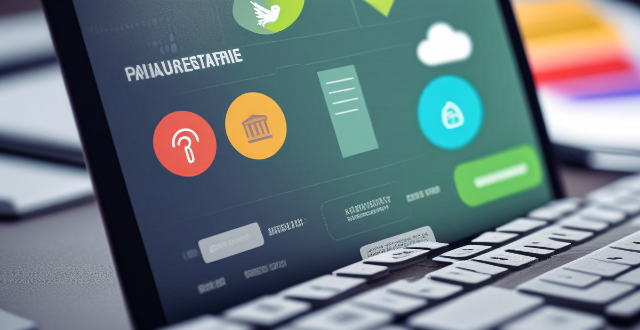
**Is my data safe with iCloud's privacy features ?
iCloud, Apple's cloud storage service, offers several privacy and security features to protect user data. These include Private Relay for anonymous browsing, end-to-end encryption for secure transmission, two-factor authentication for account security, tracking prevention for apps and websites, data breach notifications, encrypted cloud storage, privacy reports, password security monitoring, child safety features, and regular security updates. While these features provide robust protection, users should still practice good digital hygiene to further safeguard their data.
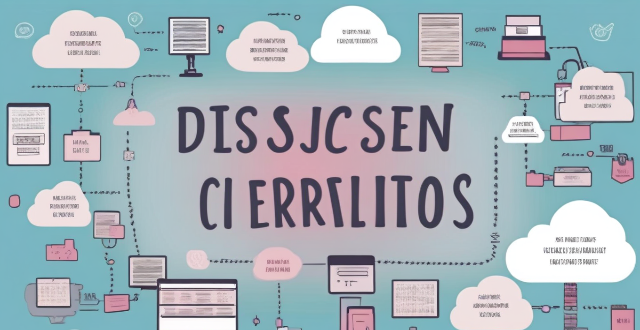
**What are the privacy concerns I should be aware of when using iCloud ?
The text discusses privacy concerns related to the use of iCloud, highlighting key points such as data encryption, access control, data retention, potential for data breaches, sharing and collaboration risks, and the importance of understanding Apple's privacy policies. It emphasizes the need for users to be aware of these concerns and take necessary precautions to protect their personal data stored on the cloud service.

How do I disable location services on my iPhone for added privacy ?
This text provides a comprehensive guide on how to disable location services on an iPhone for enhanced privacy. It begins by explaining the importance of enhancing privacy, such as preventing targeted advertising and reducing the risk of data falling into the wrong hands. The steps to disable location services include accessing settings, navigating to privacy, locating location services, managing location services, and system services. Additionally, it offers additional privacy tips like limiting ad tracking, regularly reviewing app permissions, and using VPN for added security. Overall, this text is informative and useful for those looking to enhance their privacy on their iPhone.
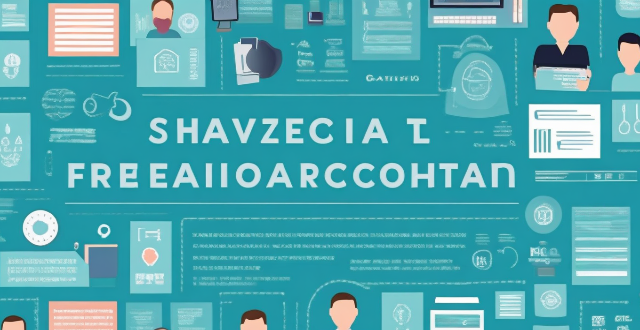
What is data privacy ?
Data privacy is the protection of personal information from unauthorized use. It's important for individual rights, building trust, legal compliance, and risk mitigation. Principles include data minimization, anonymization, encryption, transparency, consent, access control, retention, integrity, and accountability. Best practices involve regular audits, employee training, updating policies, secure systems, and response plans for data breaches.
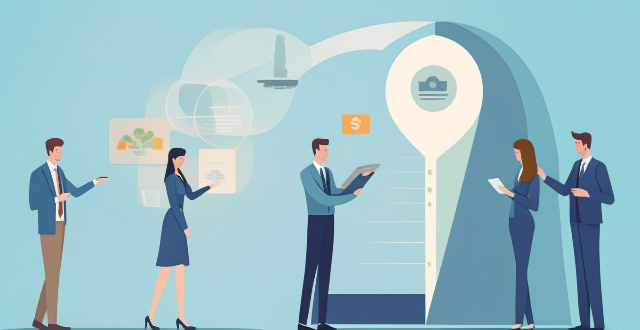
How can I ensure that my online activity is private ?
Online privacy is a significant concern, and ensuring it requires proactive measures. Use strong passwords and two-factor authentication, be cautious with personal information, use encrypted communication channels, keep software up to date, manage privacy settings, use VPNs, be wary of phishing attacks, browse incognito/private mode, and clear your digital footprint. These strategies can enhance online privacy and reduce the risk of exposing sensitive information.
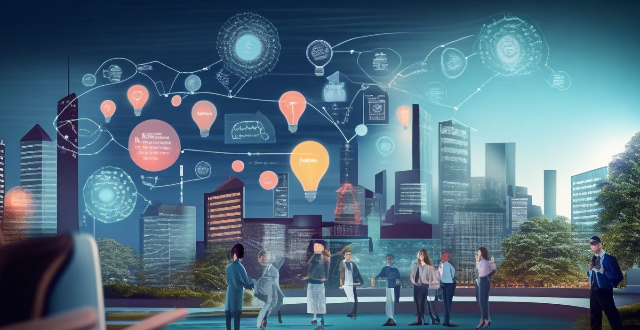
What role does data privacy play in the use of data analytics in education ?
Data privacy is a crucial aspect of educational data analytics, ensuring the protection of student information, compliance with legal frameworks, and building trust among stakeholders. It encompasses measures such as maintaining confidentiality, integrity, and availability of data, adhering to regulations like FERPA, and obtaining explicit permission from students and parents. Challenges include potential misuse of data, bias, and discrimination. Best practices involve developing clear policies, implementing technical measures like encryption and access controls, and educating staff and students about their rights. By addressing these challenges and implementing best practices, educational institutions can harness the power of data analytics while safeguarding the privacy rights of their students.
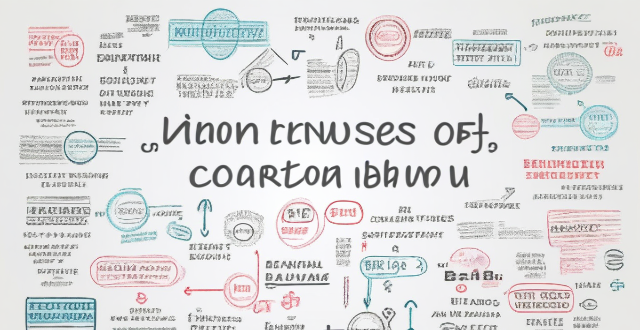
What are the benefits of using a virtual private network (VPN) for online privacy ?
The text discusses the benefits of using a Virtual Private Network (VPN) for online privacy. It highlights five key benefits: encryption and security, anonymity and privacy, unrestricted access to content, protecting personal information, and avoiding bandwidth throttling. The text explains that a VPN encrypts internet traffic, making it difficult for hackers or third parties to intercept data. It also masks the user's IP address and physical location, making it harder for websites and advertisers to track online activities. Additionally, a VPN can bypass geo-restrictions and censorship, allowing users to access blocked content. Finally, a VPN can protect personal information from being leaked or stolen and prevent ISPs from throttling bandwidth. Overall, using a VPN can provide several benefits for online privacy.
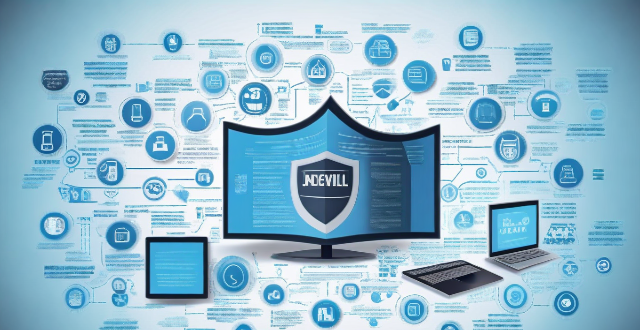
How does a VPN service work ?
A VPN (Virtual Private Network) is a service that encrypts users' internet traffic and masks their IP addresses to protect their privacy and security online. It consists of a client software installed on the user's device and a server that acts as an intermediary between the user and the internet. VPNs use tunneling protocols and encryption algorithms to establish secure connections, with options for both automated and manual configuration methods. They are particularly useful in masking users' IP addresses and ensuring data transmission security. However, some VPN services may impact internet speeds and raise privacy concerns if they collect and sell user data. When choosing a VPN service, consider its performance, reliability, and privacy policy.

How can I improve my productivity with educational software ?
Educational software can be a powerful tool to enhance your productivity, but it's essential to use it effectively. Here are some tips on how you can improve your productivity with educational software: 1. Set clear goals and objectives before using any educational software. This will help you select the right software that aligns with your needs and ensure that you stay focused on what you want to achieve. 2. Choose the right software for your specific needs. Look for software that is user-friendly, engaging, and relevant to your learning goals. Consider factors like cost, accessibility, and compatibility with your devices. 3. Use the software regularly. Consistency is key when it comes to improving your productivity with educational software. Make a schedule for when you will use the software and stick to it. Even if you can only devote a few minutes each day, regular use will help reinforce your learning and keep you on track. 4. Take advantage of interactive features like quizzes, games, and simulations. These can be great tools for reinforcing your learning and making the process more engaging. Be sure to take advantage of these features whenever possible. 5. Track your progress. Keeping track of your progress is an excellent way to stay motivated and see how far you've come. Many educational software programs have built-in tracking features that allow you to monitor your progress over time. If your software doesn't have this feature, consider using a separate tool like a spreadsheet or journal to track your progress manually.

How can I control which apps have access to my location data on my Apple devices ?
Managing app access to location data on Apple devices is crucial for privacy and security. Here's a guide: 1. **Access Privacy Settings**: On iOS, go to Settings > Privacy > Location Services. On macOS, click the Apple menu > System Preferences > Security & Privacy > Privacy > Location Services. 2. **Toggle Location Services**: Turn on the main switch if you want apps to use your location; turn it off to disable all tracking. 3. **App-by-App Permissions**: Set permissions for each app under Location Services. Options include Never, Ask Next Time, While Using the App, and Always. 4. **System Services**: Manage system-level services that use location data in the Location Services settings on both iOS and macOS. 5. **Frequent Permission Checks**: Regularly review and revoke unnecessary permissions, especially for apps not obviously related to location services. Additional tips include keeping software updated, reading app privacy policies, and using privacy reports in iOS to monitor app access to location data.